Publications
Articles, publications, books, tools and multimedia features from the U.S. Institute of Peace provide the latest news, analysis, research findings, practitioner guides and reports, all related to the conflict zones and issues that are at the center of the Institute’s work to prevent and reduce violent conflict.

Scott Worden on Afghanistan’s Dire Humanitarian and Economic Crises
As Afghans face mass hunger and economic collapse, USIP’s Scott Worden says it remains to be seen how the Taliban will react to internal and external pressure to address these crises: “Will they respond … by adapting, by softening policies, by being more inclusive or will they have a crackdown?”
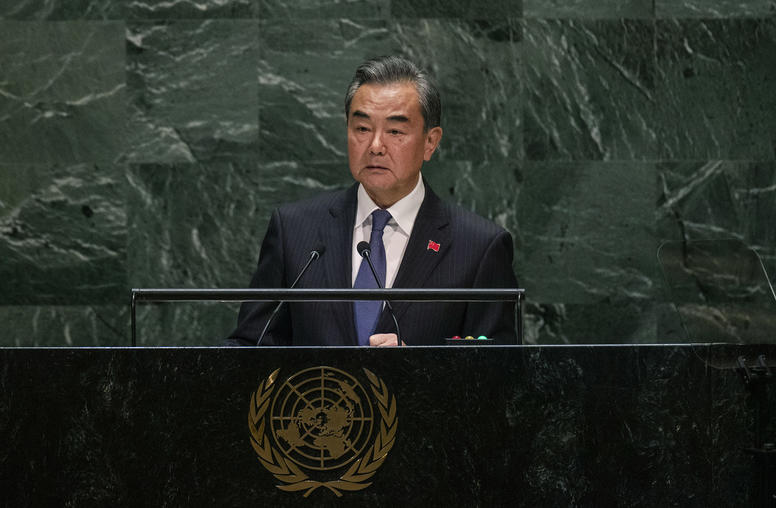
How China Responds to Instability on Its Periphery: Lessons from Afghanistan and Myanmar
China’s timid rhetoric and underwhelming actions vis-à-vis recent political upheaval in two different neighboring countries belie the image of a confident and assertive Beijing. What explains this apparent paradox? Despite the ruling Chinese Communist Party’s outward bravado, combined with unprecedented expansion of China’s regional and global activities and presence, Xi Jinping and his Politburo colleagues remain wary when it comes to taking risks abroad. Certainly, when China believes its interests are being directly attacked, such as in recent disputes with Australia and India, the state has opted for riskier, more aggressive moves. But where Beijing is not a direct party to the conflict, caution can override its willingness to take action that would show its hand or put China in a situation where it is not guaranteed to avoid a messy exit, à la the United States in Afghanistan.
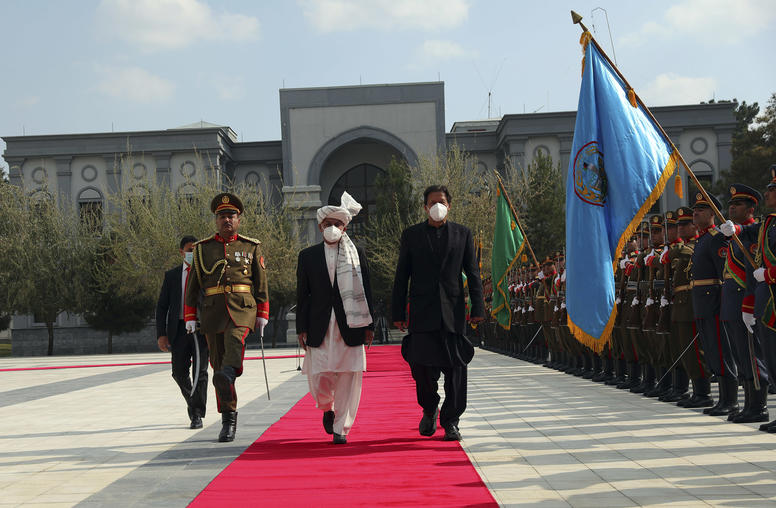
Afghanistan-Pakistan Ties and Future Stability in Afghanistan
The situation in Afghanistan—and with it the Afghanistan-Pakistan relationship—is likely to worsen in the short term. The prospect of a prolonged civil war or full Taliban takeover now looms large as hopes of a negotiated settlement recede. Whatever the outcome, the countries’ bilateral relationship will continue to be shaped by tensions that have characterized it for more than a century. This report examines these sources of tension and identifies potential openings for engagement that could, over time, become sources of stability and growth.
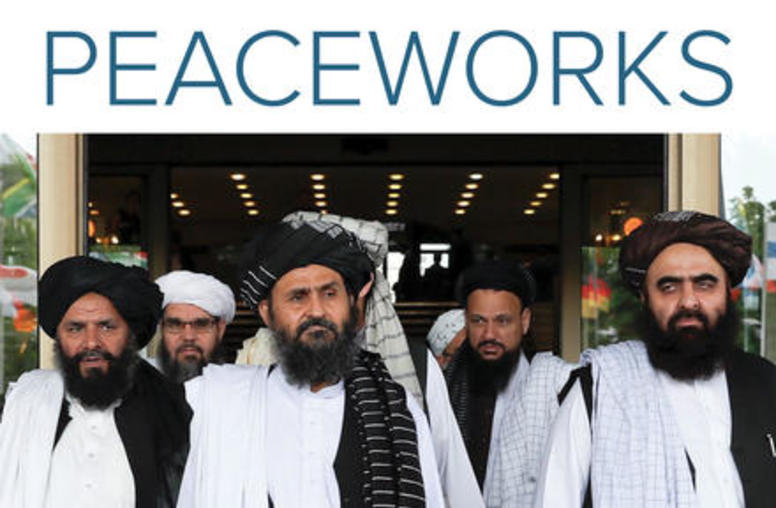
Insurgent Bureaucracy: How the Taliban Makes Policy
The system of shadow Taliban governance and the experiences of civilians subject to it are well documented. The policies that guide this governance and the factors that contribute to them, however, are not. This report examines how the Taliban make and implement policy. Based on more than a hundred interviews and previously unreleased Taliban documents, this report offers rare insight into Taliban decision-making processes and the factors that influence them.

Tegan Blaine on How Climate Change Impacts Global Conflict
USIP’s Tegan Blaine says we must be cognizant of how efforts to reduce climate change can exacerbate instability and conflict, as the resources needed for a greener global economy “are in places where the countries are already politically fragile” and higher demand adds more stress to already burdened institutions.

From the Street to the Peace Table: Nonviolent Mobilization during Intrastate Peace Processes
Though nonviolent grassroots movements often help spur transitions to peace and democracy, they are rarely invited to play a role in formal peace processes. Yet these movements can and do influence the course and content of peace negotiations and contribute to the quality and durability of the resulting peace. This report examines the strategies they employ and provides insights for grassroots movements currently mobilizing for peace or change in Myanmar, South Sudan, Syria, Yemen, and elsewhere.

Donald Jensen on Ukrainian President Zelensky’s Visit to the U.S.
Ahead of Ukrainian President Volodymyr Zelensky’s long-awaited visit to Washington, USIP’s Donald Jensen says many in D.C. “see the [Ukrainian] fight against corruption as a key benchmark” in determining the future of U.S. assistance, including for Ukraine’s ongoing conflict with Russia.

Lucy Kurtzer-Ellenbogen on a U.S.-Israel Relationship Reset
Iran and the Israeli-Palestinian conflict will likely top the agenda during Israeli Prime Minister Naftali Bennett’s meeting with President Biden. But USIP’s Lucy Kurtzer-Ellenbogen says the talks will also serve as a “relational reset … this will really be about setting a tone between these two new leaders.”
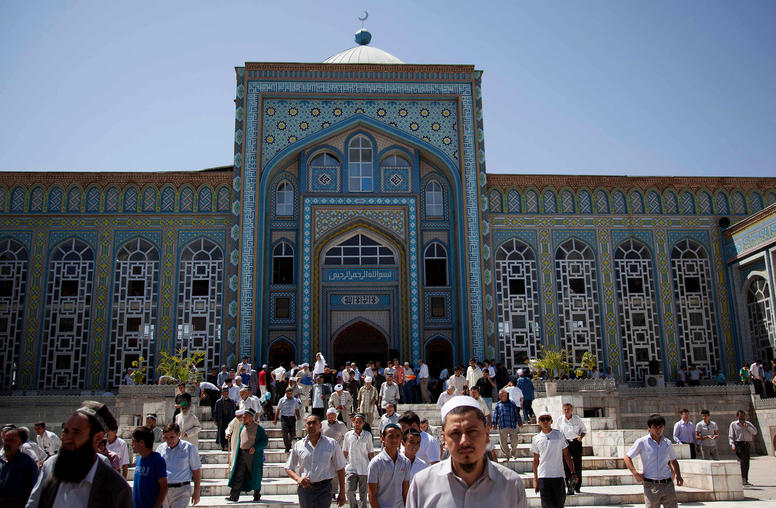
Engaging with Muslim Civil Society in Central Asia: Components, Approaches, and Opportunities
When Western policymakers and development practitioners turn their attention to Central Asia, they too often overlook Muslim civil society as a potential partner for addressing the region’s economic and social problems. This report, which is based on dozens of interviews with representatives of Muslim civil society organizations in Kazakhstan, Kyrgyzstan, Tajikistan, and Uzbekistan, is intended to help generate a much-needed conversation about Muslim civil society in Central Asia and how Western donors and practitioners can begin tapping their potential.
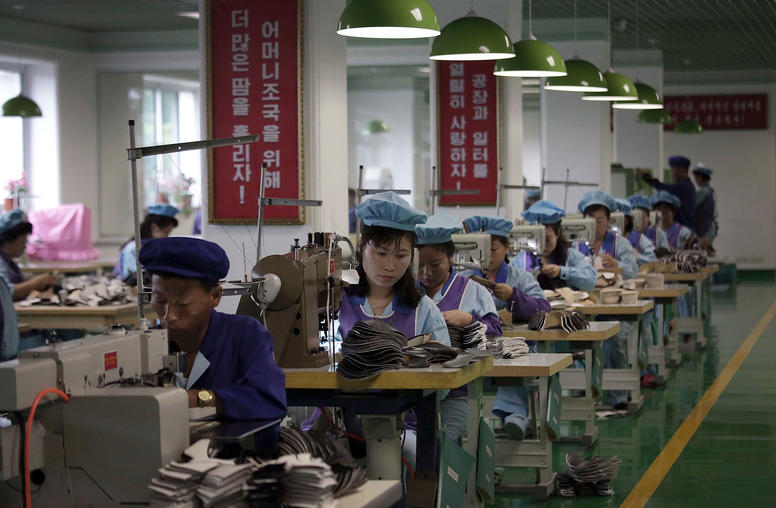
Removing Sanctions on North Korea: Challenges and Potential Pathways
Sanctions have been a key part of US and international policy toward North Korea since the Korean War. In more recent decades, sanctions have been used to deter North Korea from pursuing nuclear weapons and ballistic missiles programs. This report describes the impact sanctions have had on North Korea and examines the question of whether a different approach—one focused on sanctions relief and removal—might better facilitate long-term peace and stability on the Korean Peninsula.